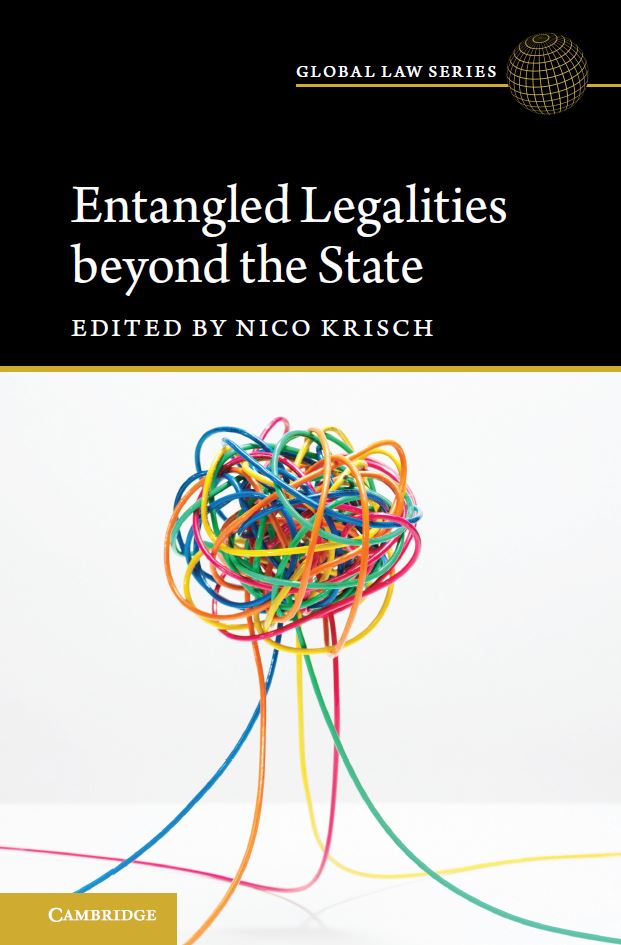I’m excited to have the case studies from our PATHS project out on SSRN now – a great amount of fascinating material on change processes in international law (and their many paths) over the past decades, courtesy of Pedro Martinez Esponda, Ezgi Yildiz and Dorothea Endres. Abstract and table of contents below. More work drawing on these cases coming soon!
Abstract
What does it take for international legal rules to change? Key to any serious attempt at accounting for the dynamism of the field – and yet surprisingly understudied – this query constituted the central endeavour of the Paths of International Law project, conducted at the Geneva Graduate Institute from 2018 to 2023. The present compilation lays out the empirical materials used in the project to build a theoretical account of change in international legal rules. These consist of 25 case studies, each zooming into the legal history and politics of individual norm-change attempts and seeking to provide an analytical reconstruction of the elements that facilitated or hindered shifts in of each of them. The case studies cover eight issue areas of international law, which provide the structure of this compilation: General International Law, International Human Rights Law, International Humanitarian Law, International Criminal Law, the Law of the Sea, International Environmental Law, International Trade Law, and International Investment Law. This allowed the project to test international rules in different settings and contexts, making for a rich overview of change in international law.
Contents










